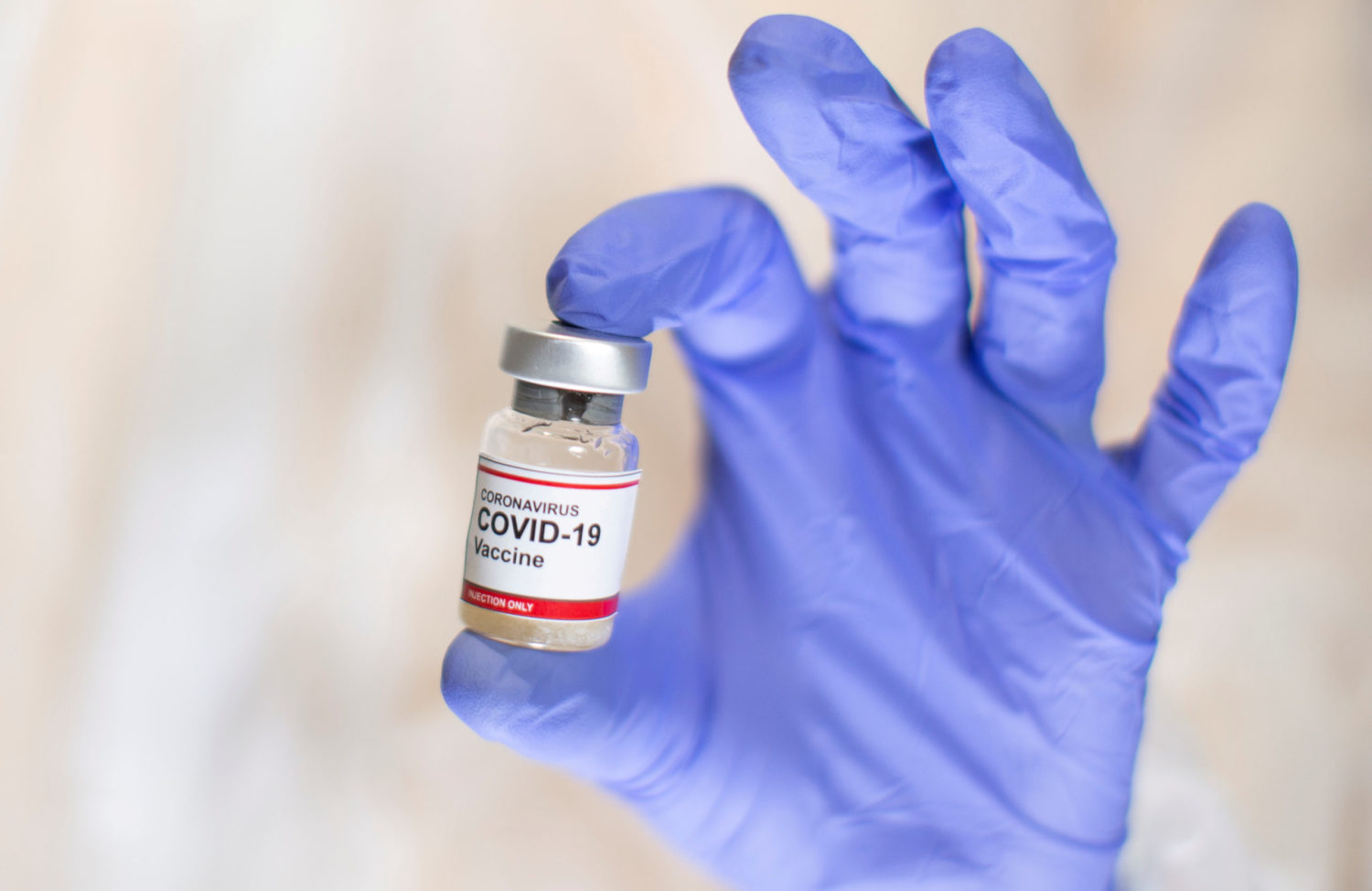
By Emma Farge and Emilio Parodi
GENEVA/MILAN/SOFIA (Reuters) – The World Health Organization squarely endorsed AstraZeneca’s coronavirus vaccine on Friday, as Thailand joined a number of smaller European countries in suspending use of the shot because of sporadic reports of blood clots among recipients.
Bulgaria also joined Denmark, Norway and Iceland, which all stopped using the vaccine on Thursday. Austria, Italy, Luxembourg, Estonia, Lithuania and Latvia stopped using certain batches.
“Until all doubts are dispelled…, we are halting inoculations with this vaccine,” Bulgarian Prime Minister Boyko Borissov said.
His health minister, Kostadin Angelov, said a 57-year-old woman had died of heart failure 15 hours after receiving an AstraZeneca shot, but urged those already inoculated to stay calm.
“We do not have any official data that proves a causal connection,” he said.
That line was reinforced by the WHO, which is keenly aware that AstraZeneca’s shot is by far the cheapest and most high-volume launched so far, and set to be the mainstay of vaccination programs in much of the developing world.
Spokeswoman Margaret Harris said the vaccine was “excellent”.
“It’s very important to understand that, yes, we should continue to be using the AstraZeneca vaccine,” she told a briefing. “All that we look at is what we always look at: Any safety signal must be investigated.”
The EU regulator, the European Medicines Agency (EMA), said on Wednesday that there had been 22 reports of embolisms from blood clots among 3 million people who had received the vaccine – no more than in the general population – but Bulgaria said it wanted to see that guidance in written form.
‘THIS NEEDS TO BE EXPLAINED’
Experts point to the difficulty of putting risks in perspective for a wider public that may be spooked by negative headlines.
In Sicily, where two people died shortly after being vaccinated, the regional health administrator said 7,000 inoculation appointments had been cancelled as a result.
Silvestro Scotti, a family doctor in Naples and head of the Italian Federation of General Practitioners, said he had been bombarded all day with inquiries from people nervous about getting the AstraZeneca shot.
“The crazy thing is that, even if the correlation between the vaccine and blood clots were proved, it would be a rate of 0.007 out of a thousand,” he said.
“To give an example: the birth control pill, which is used widely and doesn’t worry anyone, has a proven risk rate of 0.6 in a thousand. Even in the worst-case scenario, the risk/benefit ratio for this vaccine is extraordinarily favorable. That needs to be explained to people.”
The WHO’s Harris said 268 million doses of COVID-19 vaccines from various developers had been administered worldwide without being shown to have caused a single death.
In France, where distrust of vaccination is long-established, only 43% said they trusted the AstraZeneca shot in a Harris Interactive poll conducted on March 11-12, while 55% said they trusted COVID-19 vaccines in general.
Germany has also had to contend with substantial skepticism, to the extent that Health Minister Jens Spahn suggested that the AstraZeneca shot be given to the police force and army, after some health and other frontline workers baulked at receiving it.
However, German authorities’ main concern has been lack of supply, rather than lack of acceptance, as social and economic restrictions to limit transmission take their toll.
One doctor administering vaccinations in Berlin said recipients were now asking far fewer questions about the vaccine than two weeks ago.
(Additional reporting by Stephanie Nebehay in Geneva, Crispian Balmer in Rome, Paul Carrel in Berlin, Tsvetelia Tsolova in Sofia, Matthias Blamont in Paris; Writing by Kevin Liffey; Editing by Mark Heinrich)












